CONFIDENCE IN INDEPENDENT SCHOOLING - 5 planning points to consider

.
Confidence in independent schooling is an interesting one, it’s definitely a very different type of nerves to others but many riders do notice themselves thinking or worrying a lot more about what their horse is thinking when they’re not focusing on what a teacher is asking them to do. Is he going to spook in that funny corner? She’s not as enthusiastic as usual and keeps looking to where her friends are, is she going to start napping? Or others simply feel less confident because of the lack of direction they have.
.
This is not everyone and there will be riders that read this and may think, how silly I never have this problem but we all know we all have different minds, different horses, and different routines. Someone that has schooled their own horse for many years won’t feel the same as someone who’s always had lessons and is used to taking instruction. All that nerves are, are heightened senses up to protect us because we feel out of our comfort zone.
This is not everyone and there will be riders that read this and may think, how silly I never have this problem but we all know we all have different minds, different horses, and different routines. Someone that has schooled their own horse for many years won’t feel the same as someone who’s always had lessons and is used to taking instruction. All that nerves are, are heightened senses up to protect us because we feel out of our comfort zone.
.
Some may suffer from bad nerves in schooling alone where as some may simply feel slightly more on edge and a little lost. This is because as the rider, you are now having to think about what you’re doing next, whilst concentrating on doing everything else to the best ability you can. If you want to focus on how you’re riding it can be quite the multitask to also think about which direction you’re going and making sure you’re changing it up a bit for the horse. If it is just those underlying nerves that you feel a little more heightened than normal, you may think it’s nothing to worry about I’ll just get on with it. This is the best way to be as the more you do something the more relaxed you become about it, plus you get into new routines and will find as time goes on it becomes easier to plan out what you’re doing or easier to make it up as you go along.
.
However, the opposite can also happen. If you don’t push yourself onwards and pretend to be more confident than you are, you are likely to be more forgiving and relaxed towards your horse which they will pick up on and see this as a wonderful opportunity to put half the effort in, in the same way you are. You may then question if your horse is ok or start thinking he or she feels different today and either worry about whether they’re completely sound or not, or worry that they’re going to become unpredictable. It can be a downward spiral so if you are going to face your nerves you must go in strong.
.
Fake it before you make it. The most important part is not to give anything away to your horse. If you act as though everything is normal and you aren’t doing anything new or daunting, they will get on with their job as they usually would and you will build more confidence from this as you feel the pride of overcoming the nerves and taking control.
.
We’re got 5 things you can do to help yourself:
.

.
1. KEEP IT CONSISTENT
1. KEEP IT CONSISTENT
Even if it’s 5 minutes, get yourself riding independently at least once a week if you can. Riding by yourself is so important in building confidence in yourself as a rider. You overcome more little fears in your mind that you may have never known were there. If you don’t like riding out alone you can have someone on foot or a bicycle following you, but make sure the horse is not just following the person as the leader. This is about them listening to you and you being in control.
.
If you have access to a school, get out there. If you are very nervous about schooling alone, pop in for just 5 minutes after your hack, even if you’re just walking a few serpentines, or pop in to warm up before you go out. A loose walk on both reins, a few circles in trot and a canter on each rein, and then a relaxed hack out to reward yourself. A little bit as often as you can and it really will build your confidence.
.
You should never feel that you are wrong if you haven’t done loads. As I said before, if you are not ready, do it in stages. Your horse won’t be effected by this as long as they know you’re in control and you are deciding (not them!) that this is all you’re doing. Make your decision on what you are doing before you start, and whether it goes positively or negatively, aim to do exactly what you had first planned. No more, and no less. It is usually when people rush into doing more that they take bigger steps back.
.
.

.
2. GIVE YOURSELF SOMETHING TO CONCENTRATE ON
If you’re a rider that more often than not if allowed will focus too much on your horse and worry about them, you need to be able to distract yourself, to have your attention somewhere else. Give yourself something to concentrate on.
If you’re a rider that more often than not if allowed will focus too much on your horse and worry about them, you need to be able to distract yourself, to have your attention somewhere else. Give yourself something to concentrate on.
.
Plan what you want to work on before you school. For example, transitions are a great one to focus on as there’s usually always improvements to make. Work on up and down transitions without relying on your hands, this makes you concentrate hard on what you’re doing with your body and how the horse is reacting to each thing you do so that even if what you’re doing is wrong, you are teaching yourself something.
.
Concentrate on what you’re doing and how you are affecting your horse rather than what your horse is doing. For example, if you are in canter and asking for a down transition to trot, don’t start panicking and pull on the reins when they don’t transition as soon as you ask, simply keep calm in canter and ask yourself what you didn’t communicate well enough, then try again. Nothing ever improves when you rush; it’s just the same when you’re trying to go from trot to canter, if your transition doesn’t work, don’t keep trying and become messy or frustrated at your horse, accept that you’re not giving the instruction either in the right way or clearly enough, relax back into the trot and try again when you feel ready.
.
If you accept that everything that doesn’t go to plan is your fault in instruction rather than the horses, whether true or not, taking responsibility will make you a much better rider. Working in this way makes you think differently as a rider and about the connection you have with your horse and once you start getting a positive response you will feel incredibly satisfied in what you have accomplished all by yourself.
.
.
3. USE PROPS
.

.
Our ambassador Max says,” All these sorts of barriers in riding disappear once you concentrate on the right things. Give yourself a plan.”
It can be really annoying if you start working in the school and then go completely blank on what to do next, you end up doing the same little routine over and over for half an hour and you find it hard to think of what to do to change it up. Using props can really help with this as well as keeping your horse engaged. Setting up trot or canter poles in the centre of the school can be great to use both for riding over but also riding through in circles. You could also use jump wings or cones for this. You may feel like you’re going back to riding school days but props can be great to keep you focusing on improving your direction work. They can aid you working on circles and it becomes more and more difficult as you move up to trot and then canter circles. Making thinner gaps to have to aim for challenges your steering and focuses you on getting cleaner line ups, which in turn will help your riding for jumping.
.
It can be really annoying if you start working in the school and then go completely blank on what to do next, you end up doing the same little routine over and over for half an hour and you find it hard to think of what to do to change it up. Using props can really help with this as well as keeping your horse engaged. Setting up trot or canter poles in the centre of the school can be great to use both for riding over but also riding through in circles. You could also use jump wings or cones for this. You may feel like you’re going back to riding school days but props can be great to keep you focusing on improving your direction work. They can aid you working on circles and it becomes more and more difficult as you move up to trot and then canter circles. Making thinner gaps to have to aim for challenges your steering and focuses you on getting cleaner line ups, which in turn will help your riding for jumping.
.
4. SEE YOURESELF ACHIEVING YOUR GOALS
.

.
Ambassador Lily says, “The way I help myself feel more confident when riding is to set myself a goal to beat, maybe by the end of the session or by the end of the season, either works. Having riders that inspire you and that you want to be like can help you to push yourself too.”
Whether it’s being able to feel fully in control and as productive as you do with a teacher for a full 45 minutes in the school alone, to get a transition at the exact moment you ask or to master leg yeilding. However big or small, you should always have a goal you’d like to achieve. Goals are something to drive you forward and help you focus. They give you a need to just get on with it and not let excuses get in your way. It’s always good to have short-term and long-term goals. They don’t have to be in writing, you don’t have to tell people, but knowing in your head what you’d like to achieve and giving yourself a plan of action on how to achieve that can help keep your eye on the prize and your focus on the right things.
.
Ambassador Lily says, “The way I help myself feel more confident when riding is to set myself a goal to beat, maybe by the end of the session or by the end of the season, either works. Having riders that inspire you and that you want to be like can help you to push yourself too.”
Whether it’s being able to feel fully in control and as productive as you do with a teacher for a full 45 minutes in the school alone, to get a transition at the exact moment you ask or to master leg yeilding. However big or small, you should always have a goal you’d like to achieve. Goals are something to drive you forward and help you focus. They give you a need to just get on with it and not let excuses get in your way. It’s always good to have short-term and long-term goals. They don’t have to be in writing, you don’t have to tell people, but knowing in your head what you’d like to achieve and giving yourself a plan of action on how to achieve that can help keep your eye on the prize and your focus on the right things.
.
5. REPEAT PREVIOUS LESSONS
.

.
There is nothing wrong with remembering previous lessons and re-doing them yourself. Maybe your teacher gave you something interesting to focus on or you watched an interesting lesson online and fancy trying it out for yourself. There’s no harm in practising the same things more than once, how did you first learn to trot? You practised it over and over and over.
.
We hope this has helped and maybe given you a few new ideas on how to think when schooling! Even if this post helps just one rider out there we would be happy.
.
If this post has helped you in any way, we would love to know, and if you have an interesting story of a confidence issue you have overcome with your horse we'd love to hear it and you may even be featured on the blog! Please note that this is advice from myself (Danielle) and ambassadors as riders ourselves and from our own experience. Everyone is different, every horse is different. Some issues are not to do with how we're thinking and not that simple to resolve. If this is the case for you we always advise seeking a local professional to help you. This advice is there to take and leave as you please, these are simply tips and ideas to think about that have worked for us.
We hope it helps!


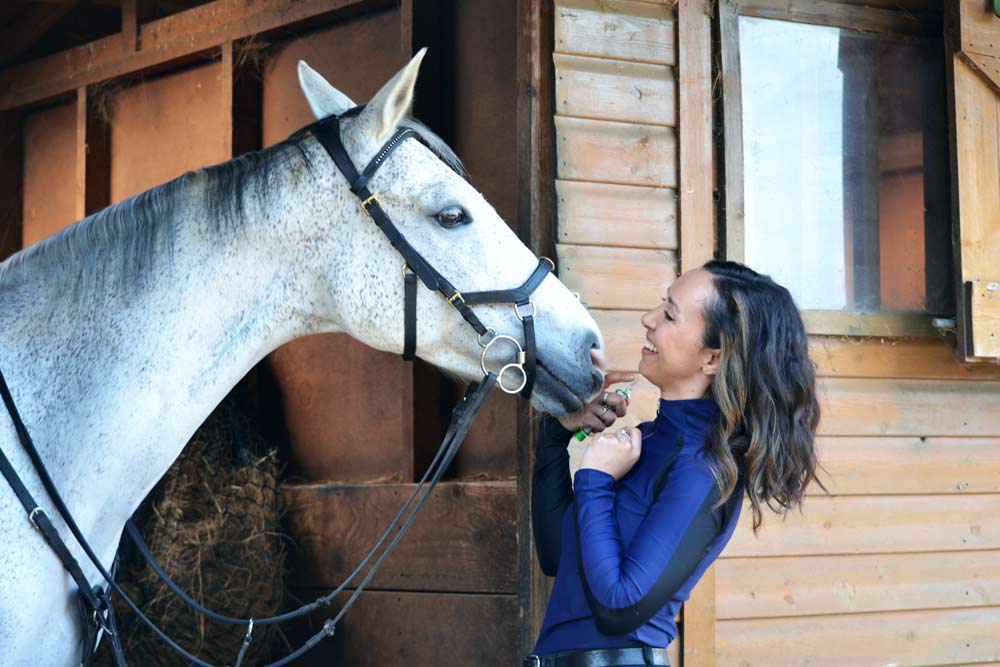
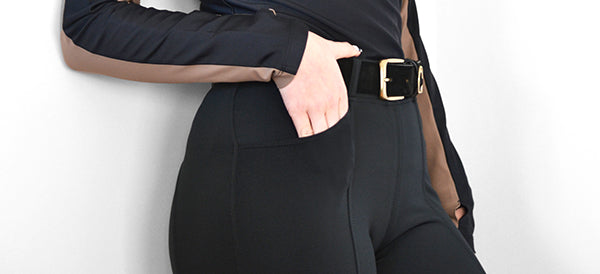
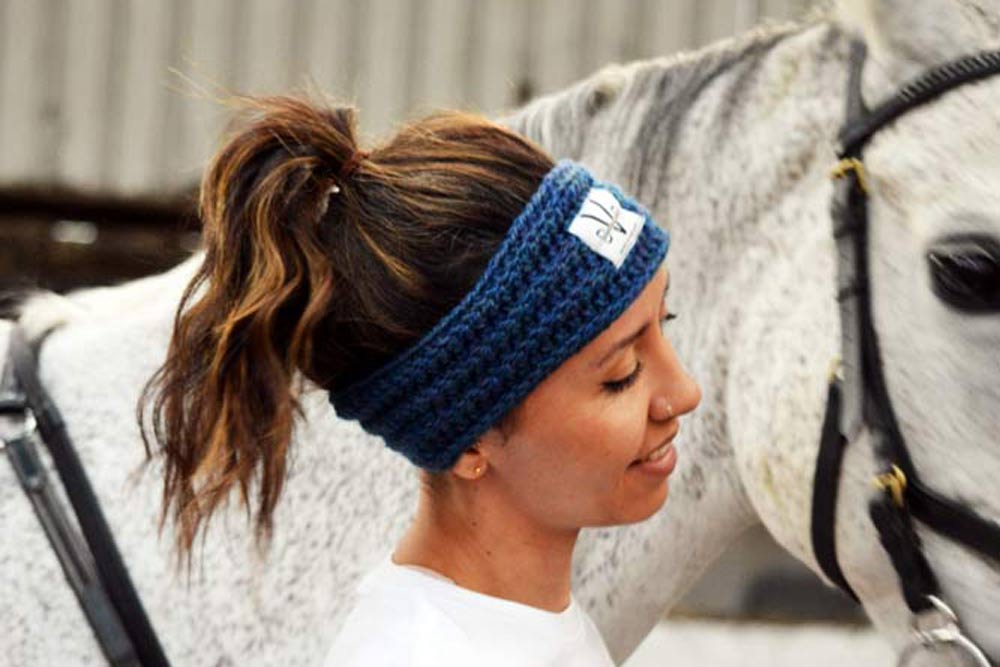
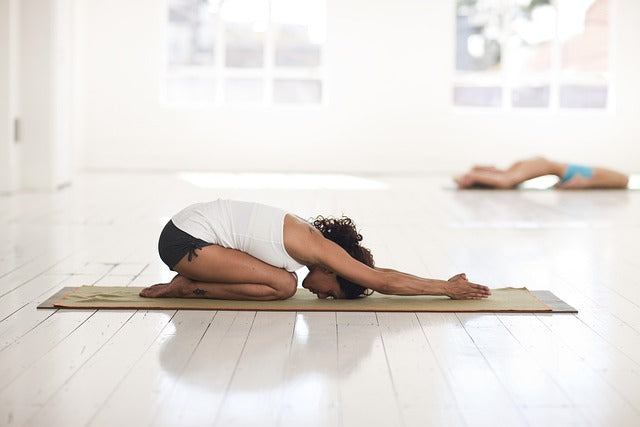
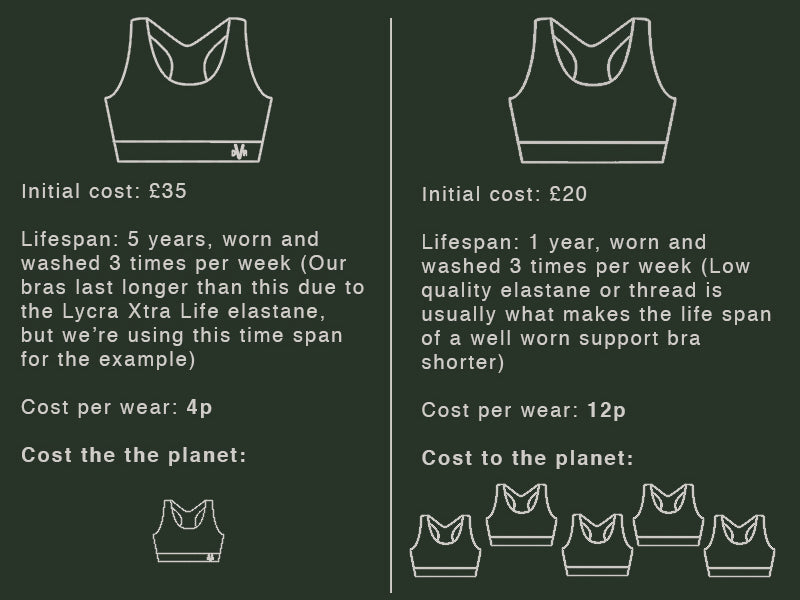
Leave a comment